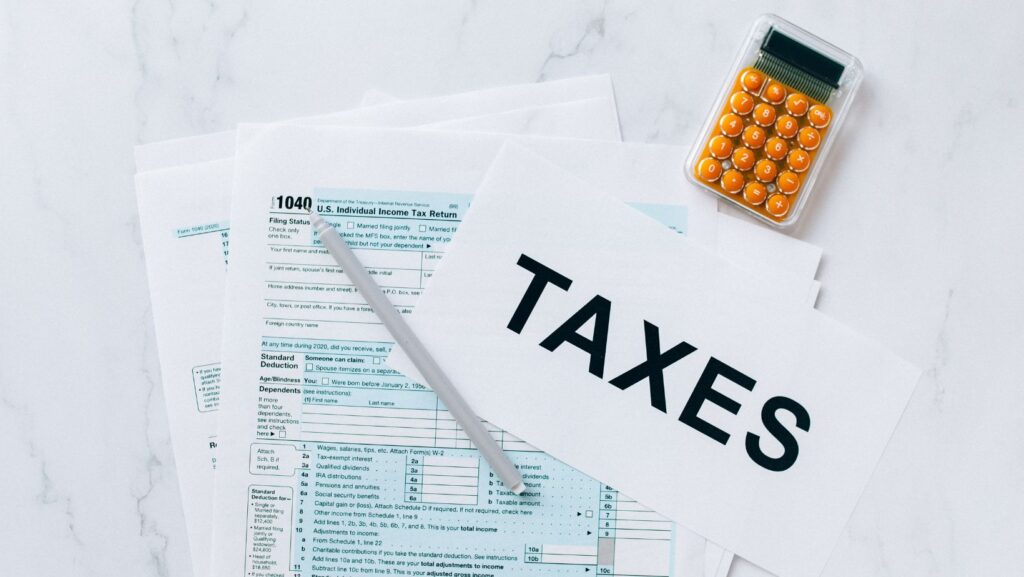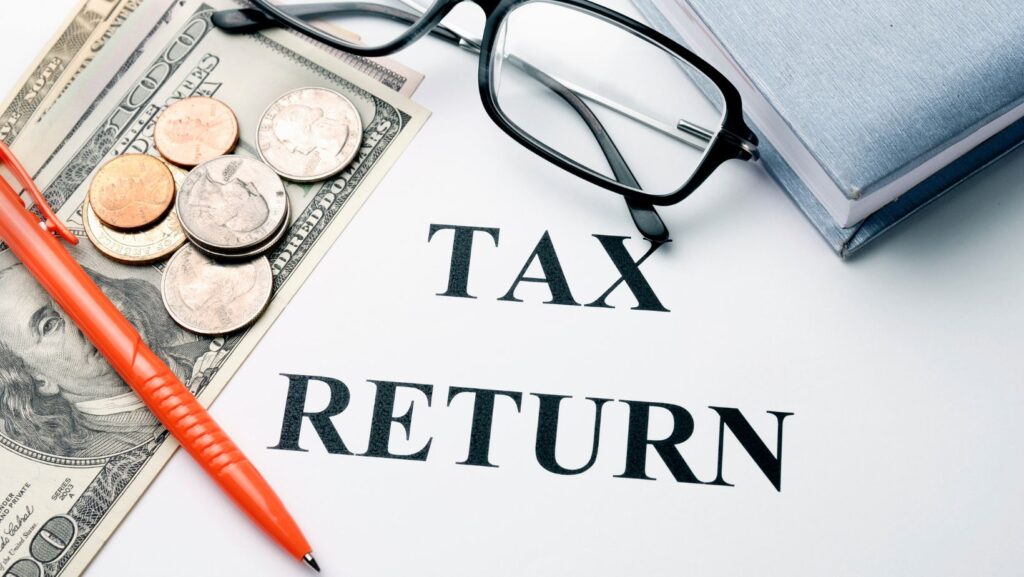If you’re an American living in Australia, you may be surprised during tax season when your refund is far smaller than what you were used to in the U.S.—or worse, when you owe money instead. Many expats ask: “Why is my tax return so low in Australia?”
The answer lies in a mix of Australia’s tax system, changing offsets, deductions, and the unique obligations tied to US Tax in Australia. Let’s break it down clearly so you can manage expectations and plan ahead.
1. Australia’s Tax System Is Different from the U.S.
In the U.S., many workers receive large refunds because of over-withholding. Australia’s PAYG (Pay As You Go) system is designed to withhold taxes more accurately throughout the year.
- Your employer usually deducts the correct amount.
- Overpayments are rare, so refunds tend to be smaller.
- This doesn’t mean you’re losing money—it means you’ve paid the right amount during the year.
For Americans used to big refunds, this adjustment can feel disappointing.
2. Income Levels and Tax Brackets Affect Refunds
Your marginal tax rate in Australia directly affects refund size. If your income increases from:
- A salary raise
- Overtime pay or bonuses
- Freelance or side income
…you may move into a higher tax bracket. This can reduce offsets and deductions you previously qualified for, leading to a smaller or no refund.
3. End of the Low and Middle Income Tax Offset (LMITO)
For several years, the LMITO boosted refunds for many taxpayers. But it was abolished after the 2021–22 tax year.
- Refunds are now smaller compared to previous years.
- Some taxpayers even face a payable balance instead of a refund.
This change has been a major reason many Australians—and expats—feel their refunds shrinking.
4. Stricter Rules on Work-Related Deductions
The ATO has tightened its standards for claiming deductions, particularly for:

- Working-from-home expenses (new fixed-rate method applies)
- Car and travel deductions
- Self-education costs
If you didn’t track receipts carefully or your claims dropped compared to previous years, your refund will reflect it.
5. Private Health Insurance and Medicare Levy Surcharge
Australia’s healthcare system includes a Medicare Levy (2% of taxable income). If your income exceeds a set threshold and you don’t have qualifying private health insurance, you’ll also pay the Medicare Levy Surcharge.
- This extra charge reduces refunds.
- Changes in insurance status (switching plans, lapses in coverage) can also impact your assessment.
6. Student Loan (HECS/HELP) Repayments
If your income exceeds the repayment threshold (AUD $51,550 for 2023–24), you’ll be required to make HECS/HELP loan repayments.
- These repayments are automatically included in your tax return.
- They reduce or eliminate refunds—and may create a balance payable.
7. U.S. Tax Obligations Still Apply
As an American expat, you must also file a U.S. tax return each year, even as an Australian resident. While this doesn’t reduce your Australian refund, it does affect your overall financial picture.
- You may qualify for the Foreign Earned Income Exclusion (FEIE) or Foreign Tax Credit (FTC) to avoid double taxation.
- Self-employed expats must still pay U.S. self-employment tax (no exemption under the U.S.-Australia treaty).
- FBAR and FATCA rules require reporting foreign bank accounts and assets.
These added obligations often lead expats to hire professional tax services, which adds to costs and indirectly impacts your take-home income.
8. Withholding Was Correct—No Refund Needed
Sometimes, the simplest reason applies: your employer withheld the exact amount of tax you owed.
- You neither underpaid nor overpaid.
- Your small refund (or none at all) simply means the system worked correctly.
In Australia, a small refund can actually be good financial planning.
People Also Ask (PAA)
Why is my Australian tax refund lower this year?
Because LMITO ended and stricter deduction rules apply. Even minor changes in income can lower your refund.
Do American expats in Australia get tax refunds?
Yes, but due to accurate withholding, refunds are usually smaller compared to the U.S.
Does filing U.S. taxes affect my Australian refund?
Not directly, but U.S. tax obligations can influence your overall financial situation.
Will having two jobs reduce my refund?
Yes, if withholding from the second job isn’t adjusted, you may owe tax at the end of the year.
Are expats entitled to the same deductions as citizens?
Yes. If you’re a resident for tax purposes, you’re entitled to the same offsets and deductions as Australian citizens.
FAQs on US Tax in Australia
Q1: What can I do if my refund seems too low?
Check your Notice of Assessment and compare it with prior years. Review changes in your income, offsets, and deductions. If unsure, consult a registered tax agent.
Q2: Can I increase my refund next year?
Yes, by:
- Maximizing deductions (work expenses, donations, super contributions).
- Adjusting withholding to prevent overpaying or underpaying.
Q3: What if I made a mistake in my return?
You can amend your return through myGov or a tax agent. The ATO allows corrections for errors.
Q4: Do expats ever receive U.S. refunds?
Rarely. Most expats don’t receive U.S. refunds unless they overpaid or qualify for credits like the Child Tax Credit.
Conclusion
If your Australian tax return feels lower than expected, you’re not alone. The shift away from LMITO, rising incomes, stricter deductions, and added expat obligations all contribute. For Americans abroad, the dual challenge of US Tax in Australia makes planning even more essential.
The best approach? Stay proactive: keep detailed records, understand both tax systems, and seek advice from professionals experienced in U.S.–Australia expat tax law. That way, you’ll avoid surprises—and keep more of your hard-earned income.
